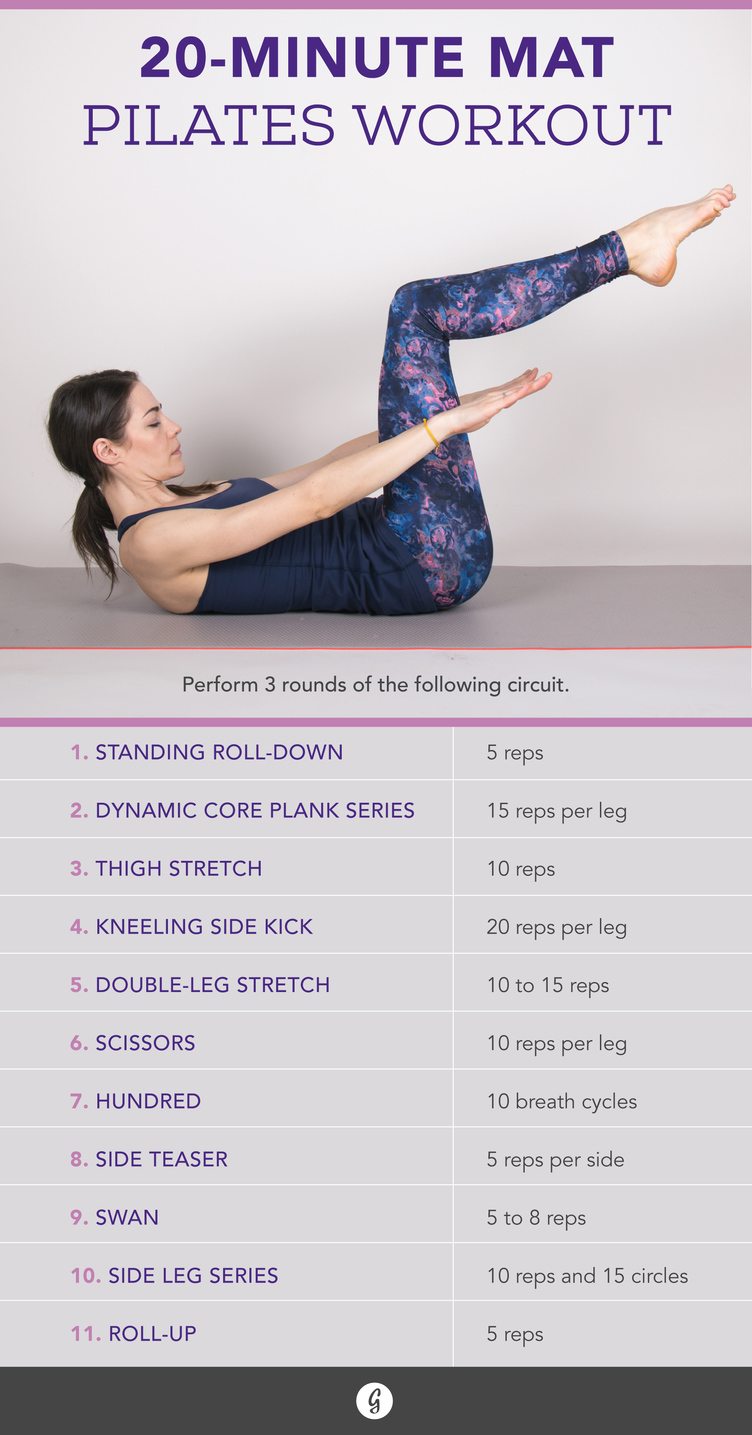Over the last few years, the health care sector has witnessed tremendous changes. Mobile health care solutions have become an intrinsic part of patient care, and the latest technology continues to reinforce it further. Among these technologies, voice recognition technology has been a game-changer. With its capability of simplifying tasks, minimizing errors, and improving patient care, voice recognition is revolutionizing mobile health care apps. This technology is making doctors, nurses, and even patients interact with applications more naturally, enabling quicker diagnoses and more successful treatments.
The article discusses the ways voice recognition technology is changing mobile healthcare, its advantages and disadvantages, as well as future prospects for the healthcare sector.
The Role of Voice Recognition in Mobile Healthcare
Voice recognition technology, which had been restricted to simple voice instructions in consumer hardware, has turned into a game-changing tool for healthcare. The voice power is now being leveraged to simplify processes, increase accessibility, and facilitate better patient care through mobile health apps. Physicians, for example, are able to enter patient information into Electronic Health Records (EHRs) using voice commands, access medical information, and even speak with peers, all without having to use their hands. This minimizes administrative burden and increases efficiency so healthcare professionals can concentrate more on patient care.
Mobile health apps are also using voice recognition to enable patient interaction. For instance, patients with mobility or disability issues can use voice to drive applications, schedule appointments, request refills on their medications, and view medical information. This enhances the usability of a wider range of patients, making healthcare more accessible.
Efficiency in Healthcare Documentation
Medical documentation, especially that done in hospital environments, is well known for taking a great deal of time. Historically, healthcare providers have to key data into EHR systems, which can mean a lot of delays. Voice recognition technology minimizes this time. By simply speaking into devices, healthcare providers can rapidly add information to records, freeing up precious time for more important attention to patients.
Research has revealed that voice recognition saves up to 60% of the time spent on documentation. This is time that healthcare workers, ranging from doctors to nurses, can use to talk to patients more, diagnose diseases, and deliver care. The added advantage of minimizing human error makes this result in better patient outcomes and an efficient healthcare system as a whole.
In addition, voice-recognized mobile healthcare apps can be interfaced with EHR systems so that patient information is recorded accurately and in a timely manner. This can also minimize the chances of miscommunication or transcription errors, which are prevalent in manual data entry systems.
Improving Accessibility and Convenience for Patients
Voice recognition technology is bridging gaps for patients, particularly those with physical disabilities or older adults who can have difficulty typing or using mobile apps through conventional means. Patients can now engage with healthcare apps by voice command at the touch of a button, making healthcare services more accessible and convenient.
For instance, a patient who is recovering from an operation or suffering from chronic conditions might struggle to type on a mobile phone. Voice commands enable them to engage with healthcare apps simply by talking. They can schedule appointments, ask for medical advice, monitor their health improvements, and even get reminders about medication—all without having to use their hands. This encourages more independence and ease of use.
Moreover, voice recognition technology is beneficial for individuals with visual impairment. They can use voice commands to operate their devices and engage with mobile health apps. The technology also promotes more inclusive communication, especially for those who might find it difficult to read tiny text or engage in conventional ways of interaction.
Enhancing Patient-Provider Communication
Communication between health professionals and patients is important to ensure effective care, but is usually compromised by time and miscommunication. Voice recognition technology has the ability to enhance this communication in several respects.
Firstly, it can allow real-time, hands-free interaction during consultations. A physician can speak into their device during an appointment to take notes, record observations, or schedule appointments, allowing them to remain concentrated on the patient. This reduces distractions and improves the quality of the interaction.
In addition, voice-enabled assistants within mobile applications can offer patients immediate access to healthcare information, enabling them to instantly query and obtain correct responses without having to make an appointment for a physician to be available. This real-time interaction not only raises patient satisfaction but also enhances the overall healthcare experience.
Data Security and Privacy Considerations
As with every healthcare technology breakthrough, there is concern regarding the security of the data and its privacy. The mobile healthcare apps that incorporate voice recognition technology will have to live up to the strictest controls, like HIPAA in America and GDPR in Europe. Such controls dictate the way healthcare information is gathered, stored, and transmitted, as well as maintained, to respect patient privacy.
Speech recognition technology gathers sensitive information, including patient data, medical history, and health measurements. Secure encryption standards and security practices need to be implemented for mobile medical apps to comply with data privacy legislations. It is imperative that healthcare providers and app vendors collaborate so that voice data can be safely stored and shared, avoiding unauthorized access or data loss.
The fusion of AI and machine learning within voice recognition can further advance security to provide voice biometrics. This would verify users through their voiceprints, adding a further layer of security to sensitive health information.
Potential Challenges of Integrating Voice Recognition
Although voice recognition has several advantages, there are some problems linked to its implementation in mobile healthcare applications. Accuracy is one of the main issues. Voice recognition systems, especially ones employed in the healthcare environment, need to be extremely accurate to prevent errors. Misunderstandings of medical terms or commands might result in improper diagnosis or treatment plans, potentially having disastrous implications for patient health.
Another challenge is the requirement for ongoing learning and adaptation. Voice recognition technology needs to be trained to recognize the distinct accents, speech patterns, and jargon of the medical profession. This takes a lot of time and effort to make sure that the system can properly process medical vocabulary.
In addition, neither many patients nor many healthcare providers may feel entirely comfortable with voice recognition technology. Resistance to change is a universal problem in healthcare, especially when the change involves new technology. Voice recognition will only be successful if it is easy to use, intuitive, and well integrated into daily workflows.
Future Outlook: Voice Recognition in Mobile Healthcare
The future of voice recognition technology in mobile healthcare looks promising. As the technology continues to improve, we can expect more sophisticated, intuitive, and accurate systems that enhance patient care and healthcare efficiency. In the coming years, voice assistants will likely become more embedded in healthcare apps, offering personalized, AI-driven assistance for both patients and providers.
For example, voice-controlled virtual assistants might assist patients in keeping their chronic ailments under control by providing real-time guidance based on their health records. Physicians might use voice recognition systems more to make rapid diagnoses and treatment recommendations, enabling them to make quicker, better-informed decisions.
In addition, the ongoing development of machine learning and AI will enhance the voice recognition technology in terms of precision and dependability, minimizing mistakes and opening new avenues for use. With such developments, the healthcare sector can anticipate a faster, more accessible, and customized healthcare experience.
Conclusion
Voice recognition technology is undoubtedly revolutionizing the face of mobile healthcare. It is allowing healthcare professionals and patients to communicate with apps differently and in a more effective manner. From enhancing documentation accuracy and minimizing administrative time to improving accessibility and patient-provider communication, voice recognition has many advantages.
But with the implementation of this technology also comes issues, such as accuracy issues and privacy issues. As voice recognition technology continues to advance, these issues will continue to fade, making mobile healthcare applications even more efficient.
For both healthcare professionals and patients, the future of voice recognition technology in healthcare is very promising, ultimately resulting in a more streamlined, accessible, and patient-focused healthcare experience.
For companies looking to harness mobile healthcare solutions, collaboration with a mobile app development company UK can assist in ensuring the efficient integration of voice recognition technology in your healthcare services.








